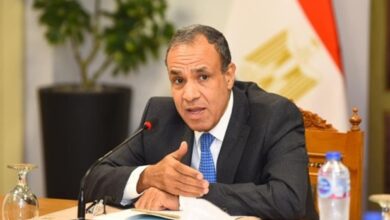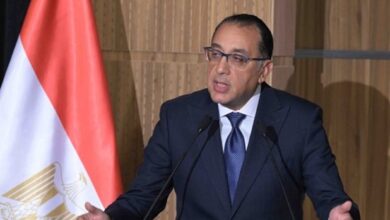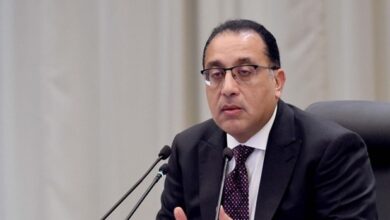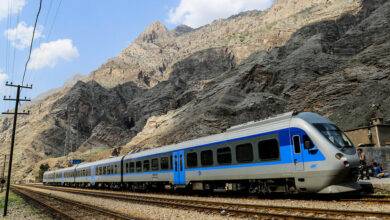I received a call from el-Sayyed Yassin who wanted to comment on an interview that Diaa Rashwan and I held with Gaber el-Qarmouty on a program called “Manchette.” Yassin criticized the episode, which was about Egypt’s vice presidency, saying it represented some form of “political metaphysics” since there was a lack of documented information on the topic. That way, he said the analysis we presented was defectively unscientific.
But it’s certain that by nature this issue is impervious to political analysis whereby one is inclined to draw conclusions and make projections based on uncertain indicators. And such is the case due to the fact that President Mubarak has kept this matter exclusively to himself and to his own secret calculations.
This attitude adopted by Mubarak has given way to “political metaphysics” as a number of journalists started to make their own projections as to who the coming vice president could be, and then came along this bold TV show that discussed the vice presidency.
The presidential election is in one-year’s time. If President Mubarak wishes to have a candidate other than Gamal Mubarak run in the election, then that person has to first be in the leadership of the National Democratic Party (NDP) in order to be able to run in the election according to the stipulations in the tailored constitution.
Or, Mubarak will have to appoint that chosen person as vice president as an implicit gesture that the new vice president will be the independent nominee for the presidential election. That person will then have to obtain 250 signatures of elected members from the parliament and local councils, which should be easy if that candidate receives the support of the state’s institutions.
Having been under the leadership of Mubarak for almost 30 years, one can say he will not opt for the first alternative and will only go for the second under exceptional and compelling circumstances.
Both ways, Mubarak is unlikely to take any step that will conclusively decide the future of the presidency. He will keep all possibilities open, just as he does with all other files.
But those possibilities are in actual fact only three. It’s either that the state institutions will foil plans for the transfer of power to Gamal Mubarak; the NDP will be able to nominate Gamal Mubarak for elections whose results are known beforehand; or the current state of political and social mobility will be able to reformulate the ruling equation on a democratic basis. The first possibility would be a democratic one especially if supported by the third one. The second one is inherently undemocratic.
If all that mobility, tension and frustration on the Egyptian street compounded with that unprecedented failure of the regime’s policies have not prompted any reviews of the regime’s policies when such a revision of policies was possible, then the regime is unlikely to take any step forward on any file except if compelled, given its current incapacity and lack of desire to introduce change.
Translated from the Arabic Edition.




